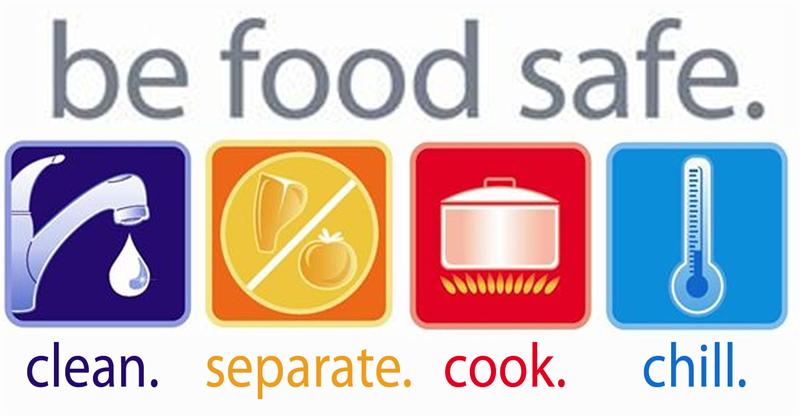Saint Lucia's monitoring agency, the Environmental Health Department inspects food establishments regularly to ensure proper food handling practices.
 Chief Environmental Health Officer in the Ministry of Health, Wenn Gabriel, said that Saint Lucia's Environmental Health Department regularly screens the island's food establishments to ensure safe food handling practices.
Chief Environmental Health Officer in the Ministry of Health, Wenn Gabriel, said that Saint Lucia's Environmental Health Department regularly screens the island's food establishments to ensure safe food handling practices.
Mr. Gabriel's comments were made on World Health Day yesterday, during which the World Health Organization (WHO) called for food safety practices in an effort to minimize the risk of contracting food borne illnesses.
WHO sought to highlight the challenges associated with food safety following the results of a recent study on the global burden of food borne diseases.
According to WHO, the study revealed that the industrialization and globalization of food production and distribution has introduced multiple opportunities for food to become contaminated, and also poses major economic risks. To curb such incidences, the health organization suggested the need for coordinated action.
"Efforts to prevent such emergencies can be strengthened through the development of robust food safety systems that drive collective government and public action to safeguard against the chemical or microbial contamination of food," it said.
In Saint Lucia, the screening and monitoring procedures of the island's food safety system is enshrined in the Public Health Act.
"Consistent with the legislation, the Environmental Health Department monitors food establishments islandwide," Mr. Gabriel said. "We conduct assessments of these establishments, and as part of our work plan we conduct inspections of these establishments every four months using a standard checklist."
The checklist includes assessing the health of workers, the management of waste, and vector control and food storage methods.
"At times, based on risk assessments, the department sometimes conducts more frequent inspections, as you would appreciate that establishments that handle meat and poultry are more at risk."
He added that of particular importance to the department are proper food handling practices as the food handler can be a source of disease transmission; the storage of foods, especially prepared foods; and the procedures that establishments follow to prevent cross contamination of foods.
Dr. Merlene Fredericks, Chief Medical Officer at the Ministry of Health said each year the Environmental Health Department condemns quite a bit of imported foods that haven't been kept under the right conditions, like dairy products that were not properly chilled.
"Statistics show that the majority of food contamination happens during preparation of the food. Raw food, like tomatoes, should not be prepared in the same area with raw meat, so we are encouraging food handlers to separate foods, and observe standard hygiene practices," Dr. Fredericks said. "In addition, foods which should be served hot should be kept hot, and those that should be served chilled should be kept cold. We have to be careful and take every precaution when preparing food. It is the only way we can avoid food borne illnesses."
Over 200 illnesses ranging from diarrhea to cancers are caused by unsafe food containing harmful bacteria, parasites, viruses, and chemical substances, the World Health Organization stated, while it is estimated that two million deaths occur every year from contaminated food or drinking water.